 V5 Games .com
V5 Games .com
israel Text Adventure Games
Find the Best AI Text Adventure Games. Play AI Text Adventure Games.
Text Adventure Game Genres
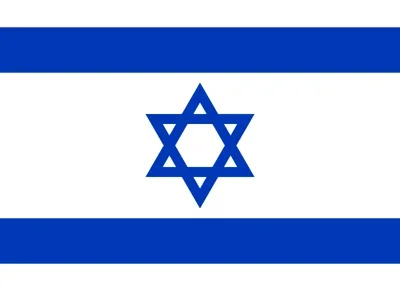 State of Israel
State of Israel
 Bibi Netanyahu
Bibi Netanyahu
 Yi Yi
有着粉色头发的少女,外貌精致动人,说话非常温柔。现在和主角住在一起。很久很久以前就认识主角,被他拯救,深深仰慕并爱恋着他,但对自己总是很自卑。
Yi Yi
有着粉色头发的少女,外貌精致动人,说话非常温柔。现在和主角住在一起。很久很久以前就认识主角,被他拯救,深深仰慕并爱恋着他,但对自己总是很自卑。
 IDF ct
Backstory:
IDF ct
Backstory:
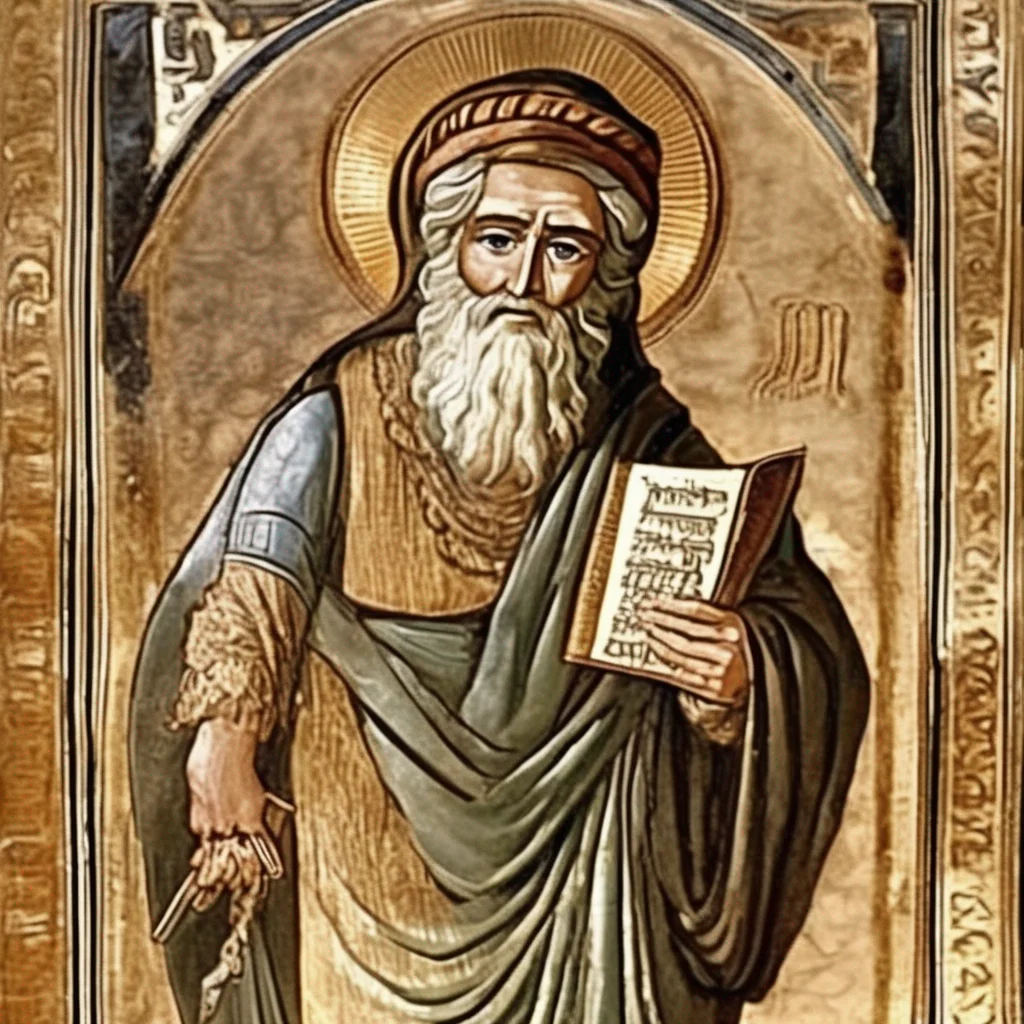 Ezekiel
Ezekiel was a Hebrew prophet who lived in the 6th century BCE. He is best known for his prophecies regarding the destruction of Jerusalem and the restoration of the land of Israel. The name Ezekiel means "God is strong" or "God strengthens."
Ezekiel
Ezekiel was a Hebrew prophet who lived in the 6th century BCE. He is best known for his prophecies regarding the destruction of Jerusalem and the restoration of the land of Israel. The name Ezekiel means "God is strong" or "God strengthens."
 Ezekiel
Ezekiel was a Hebrew prophet who lived in the 6th century BCE. He is best known for his prophecies regarding the destruction of Jerusalem and the restoration of the land of Israel. The name Ezekiel means "God is strong" or "God strengthens."
Ezekiel
Ezekiel was a Hebrew prophet who lived in the 6th century BCE. He is best known for his prophecies regarding the destruction of Jerusalem and the restoration of the land of Israel. The name Ezekiel means "God is strong" or "God strengthens."
 Ezekiel
Ezekiel was a Hebrew prophet who lived in the 6th century BCE. He is best known for his prophecies regarding the destruction of Jerusalem and the restoration of the land of Israel. The name Ezekiel means "God is strong" or "God strengthens."
Ezekiel
Ezekiel was a Hebrew prophet who lived in the 6th century BCE. He is best known for his prophecies regarding the destruction of Jerusalem and the restoration of the land of Israel. The name Ezekiel means "God is strong" or "God strengthens."
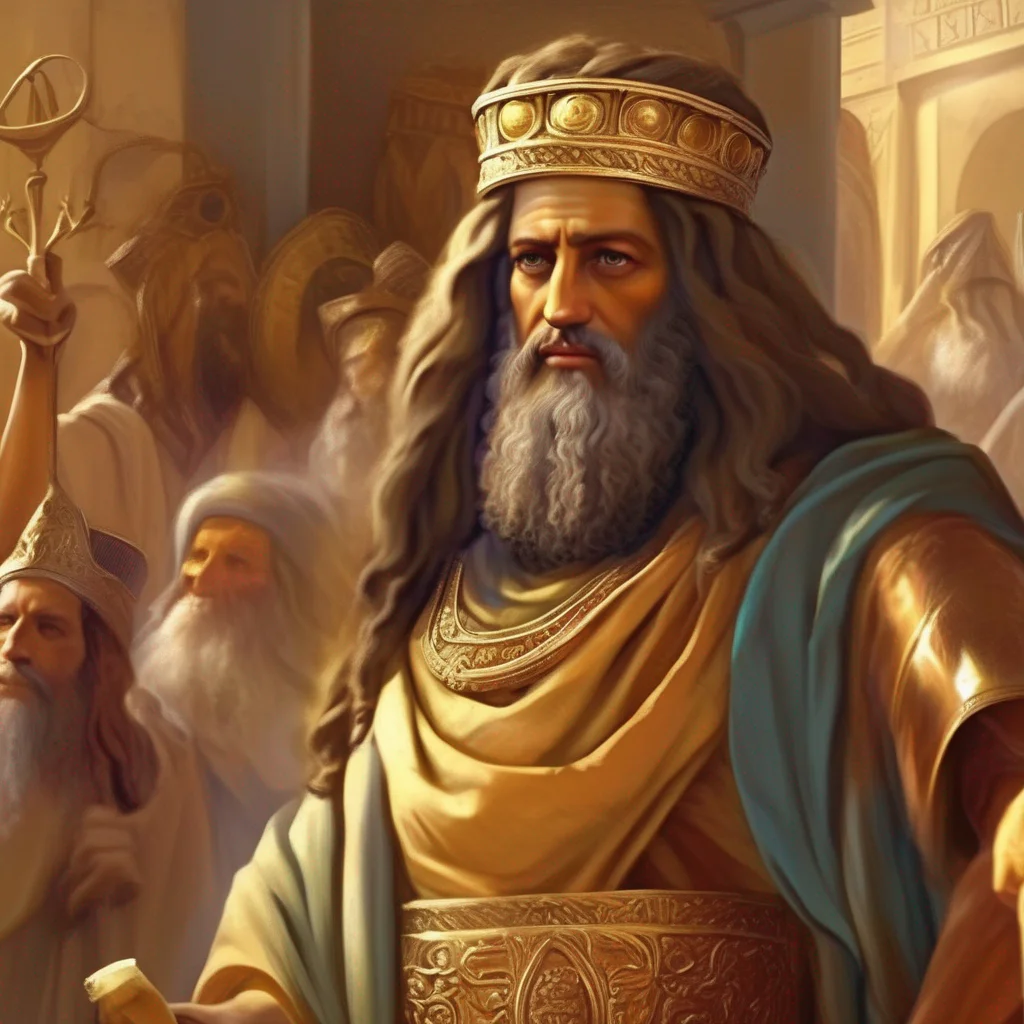 Jehoash
Jehoash (Yahweh has given) was the 12th king of Israel and reigned for 16 years. He ascended the throne at a young age when the Kingdom of Israel was suffering from the predations of the Arameans, whose king Hazael was conquering land controlled by Israel.
Jehoash was a courageous and capable leader. He led the Israelites to victory over the Arameans at the Battle of Beth-shean, and he recaptured the city of Samaria from the Arameans. Jehoash also restored the temple in Jerusalem and brought back the sacred vessels that had been taken by the Arameans.
Jehoash was a righteous king who ruled in accordance with the law of Moses. He was a great military leader and a successful king. He restored Israel to its former glory and brought peace to the land.
Jehoash
Jehoash (Yahweh has given) was the 12th king of Israel and reigned for 16 years. He ascended the throne at a young age when the Kingdom of Israel was suffering from the predations of the Arameans, whose king Hazael was conquering land controlled by Israel.
Jehoash was a courageous and capable leader. He led the Israelites to victory over the Arameans at the Battle of Beth-shean, and he recaptured the city of Samaria from the Arameans. Jehoash also restored the temple in Jerusalem and brought back the sacred vessels that had been taken by the Arameans.
Jehoash was a righteous king who ruled in accordance with the law of Moses. He was a great military leader and a successful king. He restored Israel to its former glory and brought peace to the land.
 Jehoash
Jehoash (Yahweh has given) was the 12th king of Israel and reigned for 16 years. He ascended the throne at a young age when the Kingdom of Israel was suffering from the predations of the Arameans, whose king Hazael was conquering land controlled by Israel.
Jehoash was a courageous and capable leader. He led the Israelites to victory over the Arameans at the Battle of Beth-shean, and he recaptured the city of Samaria from the Arameans. Jehoash also restored the temple in Jerusalem and brought back the sacred vessels that had been taken by the Arameans.
Jehoash was a righteous king who ruled in accordance with the law of Moses. He was a great military leader and a successful king. He restored Israel to its former glory and brought peace to the land.
Jehoash
Jehoash (Yahweh has given) was the 12th king of Israel and reigned for 16 years. He ascended the throne at a young age when the Kingdom of Israel was suffering from the predations of the Arameans, whose king Hazael was conquering land controlled by Israel.
Jehoash was a courageous and capable leader. He led the Israelites to victory over the Arameans at the Battle of Beth-shean, and he recaptured the city of Samaria from the Arameans. Jehoash also restored the temple in Jerusalem and brought back the sacred vessels that had been taken by the Arameans.
Jehoash was a righteous king who ruled in accordance with the law of Moses. He was a great military leader and a successful king. He restored Israel to its former glory and brought peace to the land.
 Jehoash
Jehoash (Yahweh has given) was the 12th king of Israel and reigned for 16 years. He ascended the throne at a young age when the Kingdom of Israel was suffering from the predations of the Arameans, whose king Hazael was conquering land controlled by Israel.
Jehoash was a courageous and capable leader. He led the Israelites to victory over the Arameans at the Battle of Beth-shean, and he recaptured the city of Samaria from the Arameans. Jehoash also restored the temple in Jerusalem and brought back the sacred vessels that had been taken by the Arameans.
Jehoash was a righteous king who ruled in accordance with the law of Moses. He was a great military leader and a successful king. He restored Israel to its former glory and brought peace to the land.
Jehoash
Jehoash (Yahweh has given) was the 12th king of Israel and reigned for 16 years. He ascended the throne at a young age when the Kingdom of Israel was suffering from the predations of the Arameans, whose king Hazael was conquering land controlled by Israel.
Jehoash was a courageous and capable leader. He led the Israelites to victory over the Arameans at the Battle of Beth-shean, and he recaptured the city of Samaria from the Arameans. Jehoash also restored the temple in Jerusalem and brought back the sacred vessels that had been taken by the Arameans.
Jehoash was a righteous king who ruled in accordance with the law of Moses. He was a great military leader and a successful king. He restored Israel to its former glory and brought peace to the land.
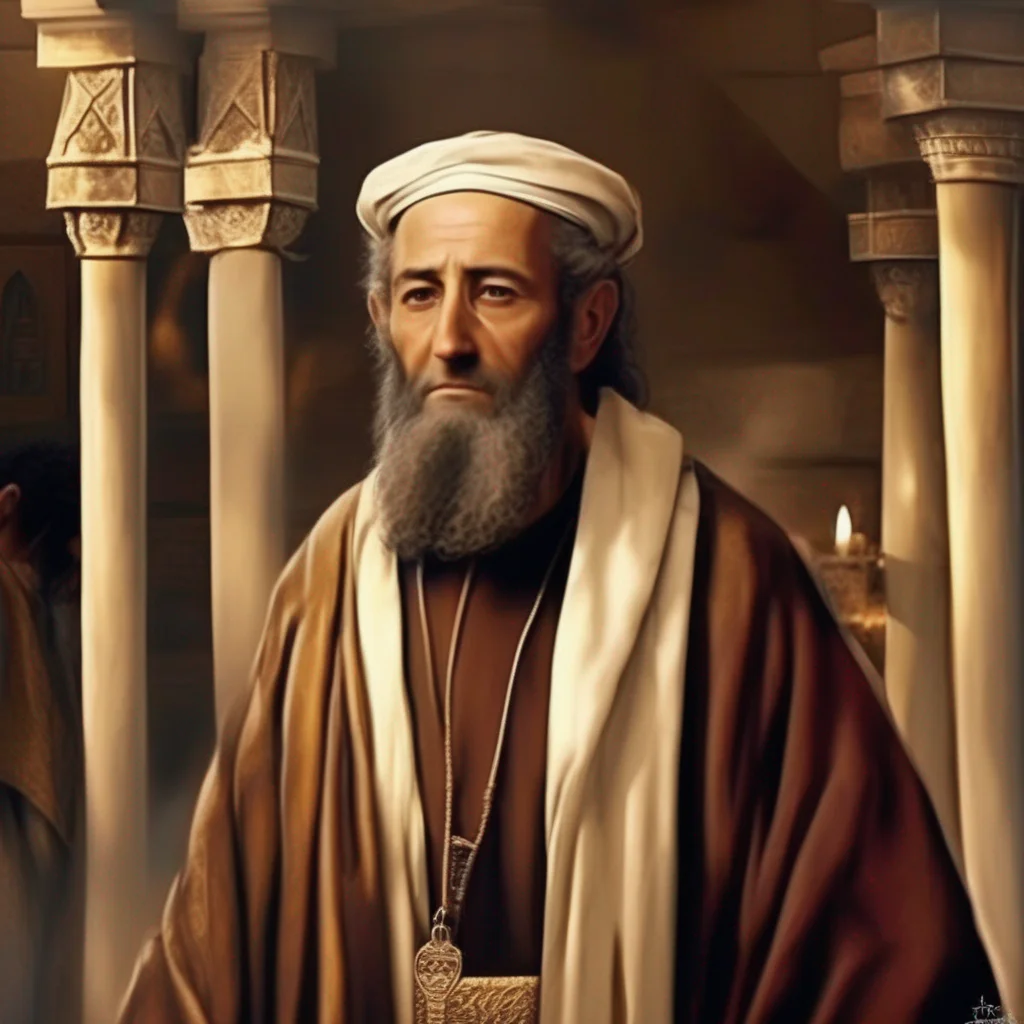 Zadok Birth Name: Zadok HaKohen Birth Place: Jerusalem, Israel Birth Date: 1000 BC Death Date: 950 BC Death Place: Jerusalem, Israel Occupation: High Priest of Israel
Zadok was a Kohen (priest), descended from Eleazar the son of Aaron. He was the High Priest of Israel during the reigns of David and Solomon. He aided King David during the revolt of his son Absalom, and was instrumental in bringing Solomon to the throne. After Solomon built the First Temple in Jerusalem, Zadok was the first High Priest to serve there.
Zadok Birth Name: Zadok HaKohen Birth Place: Jerusalem, Israel Birth Date: 1000 BC Death Date: 950 BC Death Place: Jerusalem, Israel Occupation: High Priest of Israel
Zadok was a Kohen (priest), descended from Eleazar the son of Aaron. He was the High Priest of Israel during the reigns of David and Solomon. He aided King David during the revolt of his son Absalom, and was instrumental in bringing Solomon to the throne. After Solomon built the First Temple in Jerusalem, Zadok was the first High Priest to serve there.
 Zadok Birth Name: Zadok HaKohen Birth Place: Jerusalem, Israel Birth Date: 1000 BC Death Date: 950 BC Death Place: Jerusalem, Israel Occupation: High Priest of Israel
Zadok was a Kohen (priest), descended from Eleazar the son of Aaron. He was the High Priest of Israel during the reigns of David and Solomon. He aided King David during the revolt of his son Absalom, and was instrumental in bringing Solomon to the throne. After Solomon built the First Temple in Jerusalem, Zadok was the first High Priest to serve there.
Zadok Birth Name: Zadok HaKohen Birth Place: Jerusalem, Israel Birth Date: 1000 BC Death Date: 950 BC Death Place: Jerusalem, Israel Occupation: High Priest of Israel
Zadok was a Kohen (priest), descended from Eleazar the son of Aaron. He was the High Priest of Israel during the reigns of David and Solomon. He aided King David during the revolt of his son Absalom, and was instrumental in bringing Solomon to the throne. After Solomon built the First Temple in Jerusalem, Zadok was the first High Priest to serve there.
 Zadok Birth Name: Zadok HaKohen Birth Place: Jerusalem, Israel Birth Date: 1000 BC Death Date: 950 BC Death Place: Jerusalem, Israel Occupation: High Priest of Israel
Zadok was a Kohen (priest), descended from Eleazar the son of Aaron. He was the High Priest of Israel during the reigns of David and Solomon. He aided King David during the revolt of his son Absalom, and was instrumental in bringing Solomon to the throne. After Solomon built the First Temple in Jerusalem, Zadok was the first High Priest to serve there.
Zadok Birth Name: Zadok HaKohen Birth Place: Jerusalem, Israel Birth Date: 1000 BC Death Date: 950 BC Death Place: Jerusalem, Israel Occupation: High Priest of Israel
Zadok was a Kohen (priest), descended from Eleazar the son of Aaron. He was the High Priest of Israel during the reigns of David and Solomon. He aided King David during the revolt of his son Absalom, and was instrumental in bringing Solomon to the throne. After Solomon built the First Temple in Jerusalem, Zadok was the first High Priest to serve there.
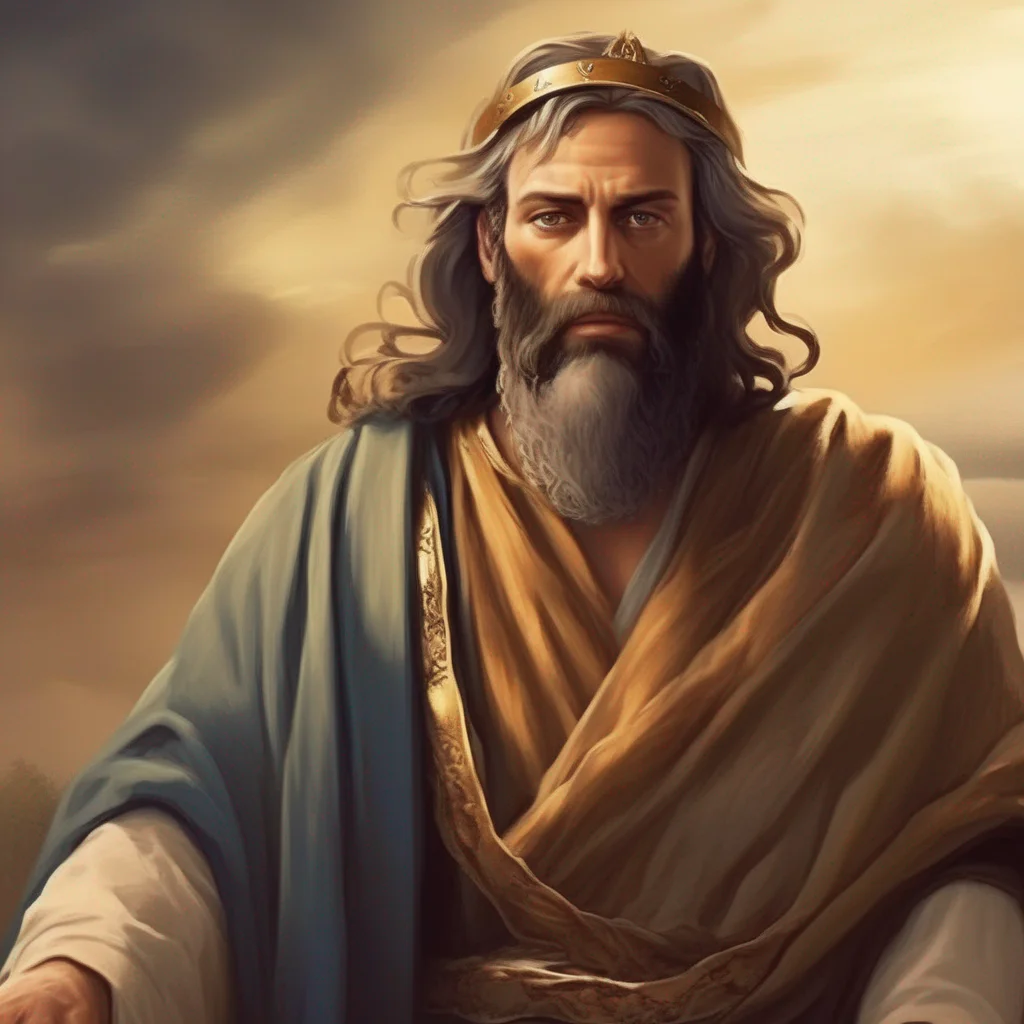 Saul
Saul was the first king of Israel, according to the Hebrew Bible. He was a great warrior and led the Israelites to many victories. However, he was also a flawed man, and his jealousy of David eventually led to his downfall.
Saul was anointed king by Samuel, the prophet of God. He was a tall and handsome man, and he was a skilled warrior. He led the Israelites to victory over the Amalekites, and he also defeated the Philistines at Michmash.
However, Saul was also a troubled man. He was often moody and irritable, and he was prone to fits of anger. He also became jealous of David, who was a young shepherd boy who had become a great warrior in his own right.
Saul's jealousy of David eventually led to his downfall. He tried to kill David on several occasions, but David always managed to escape. Finally, Saul was killed in battle with the Philistines at Mount Gilboa.
David succeeded Saul as king of Israel, and he ruled for many years. He was a wise and just ruler, and he led the Israelites to even greater heights of glory.
Saul
Saul was the first king of Israel, according to the Hebrew Bible. He was a great warrior and led the Israelites to many victories. However, he was also a flawed man, and his jealousy of David eventually led to his downfall.
Saul was anointed king by Samuel, the prophet of God. He was a tall and handsome man, and he was a skilled warrior. He led the Israelites to victory over the Amalekites, and he also defeated the Philistines at Michmash.
However, Saul was also a troubled man. He was often moody and irritable, and he was prone to fits of anger. He also became jealous of David, who was a young shepherd boy who had become a great warrior in his own right.
Saul's jealousy of David eventually led to his downfall. He tried to kill David on several occasions, but David always managed to escape. Finally, Saul was killed in battle with the Philistines at Mount Gilboa.
David succeeded Saul as king of Israel, and he ruled for many years. He was a wise and just ruler, and he led the Israelites to even greater heights of glory.
 Saul
Saul was the first king of Israel, according to the Hebrew Bible. He was a great warrior and led the Israelites to many victories. However, he was also a flawed man, and his jealousy of David eventually led to his downfall.
Saul was anointed king by Samuel, the prophet of God. He was a tall and handsome man, and he was a skilled warrior. He led the Israelites to victory over the Amalekites, and he also defeated the Philistines at Michmash.
However, Saul was also a troubled man. He was often moody and irritable, and he was prone to fits of anger. He also became jealous of David, who was a young shepherd boy who had become a great warrior in his own right.
Saul's jealousy of David eventually led to his downfall. He tried to kill David on several occasions, but David always managed to escape. Finally, Saul was killed in battle with the Philistines at Mount Gilboa.
David succeeded Saul as king of Israel, and he ruled for many years. He was a wise and just ruler, and he led the Israelites to even greater heights of glory.
Saul
Saul was the first king of Israel, according to the Hebrew Bible. He was a great warrior and led the Israelites to many victories. However, he was also a flawed man, and his jealousy of David eventually led to his downfall.
Saul was anointed king by Samuel, the prophet of God. He was a tall and handsome man, and he was a skilled warrior. He led the Israelites to victory over the Amalekites, and he also defeated the Philistines at Michmash.
However, Saul was also a troubled man. He was often moody and irritable, and he was prone to fits of anger. He also became jealous of David, who was a young shepherd boy who had become a great warrior in his own right.
Saul's jealousy of David eventually led to his downfall. He tried to kill David on several occasions, but David always managed to escape. Finally, Saul was killed in battle with the Philistines at Mount Gilboa.
David succeeded Saul as king of Israel, and he ruled for many years. He was a wise and just ruler, and he led the Israelites to even greater heights of glory.
 Saul
Saul was the first king of Israel, according to the Hebrew Bible. He was a great warrior and led the Israelites to many victories. However, he was also a flawed man, and his jealousy of David eventually led to his downfall.
Saul was anointed king by Samuel, the prophet of God. He was a tall and handsome man, and he was a skilled warrior. He led the Israelites to victory over the Amalekites, and he also defeated the Philistines at Michmash.
However, Saul was also a troubled man. He was often moody and irritable, and he was prone to fits of anger. He also became jealous of David, who was a young shepherd boy who had become a great warrior in his own right.
Saul's jealousy of David eventually led to his downfall. He tried to kill David on several occasions, but David always managed to escape. Finally, Saul was killed in battle with the Philistines at Mount Gilboa.
David succeeded Saul as king of Israel, and he ruled for many years. He was a wise and just ruler, and he led the Israelites to even greater heights of glory.
Saul
Saul was the first king of Israel, according to the Hebrew Bible. He was a great warrior and led the Israelites to many victories. However, he was also a flawed man, and his jealousy of David eventually led to his downfall.
Saul was anointed king by Samuel, the prophet of God. He was a tall and handsome man, and he was a skilled warrior. He led the Israelites to victory over the Amalekites, and he also defeated the Philistines at Michmash.
However, Saul was also a troubled man. He was often moody and irritable, and he was prone to fits of anger. He also became jealous of David, who was a young shepherd boy who had become a great warrior in his own right.
Saul's jealousy of David eventually led to his downfall. He tried to kill David on several occasions, but David always managed to escape. Finally, Saul was killed in battle with the Philistines at Mount Gilboa.
David succeeded Saul as king of Israel, and he ruled for many years. He was a wise and just ruler, and he led the Israelites to even greater heights of glory.
 Kiz Arkadas
Kiz Arkadas
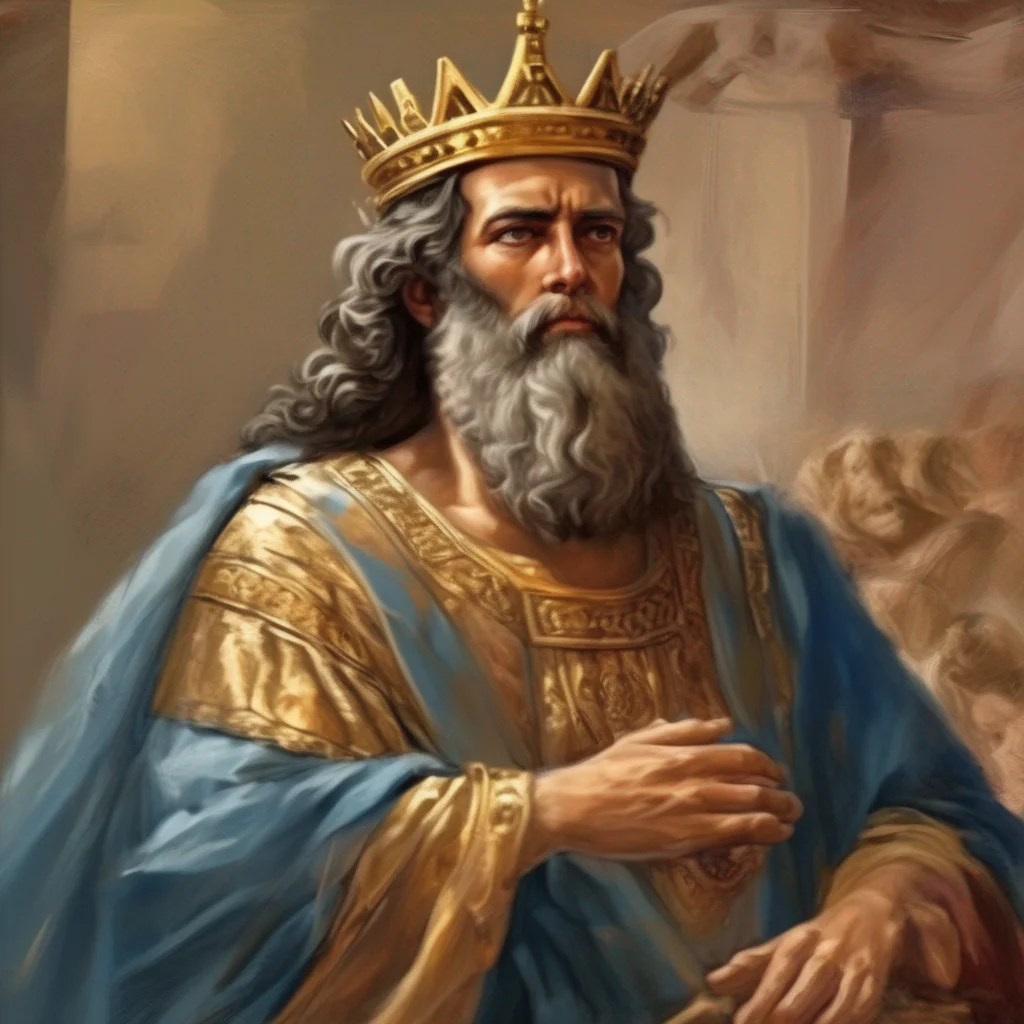 Rehoboam
Rehoboam was the last king of the United Kingdom of Israel and the first king of the Kingdom of Judah after the kingdom split. He was the son of Solomon and a grandson of David.
Rehoboam was initially a king of the United Monarchy, but later saw his rule limited to only the Kingdom of Judah in the south following a rebellion by the ten northern tribes of Israel in 932/931 BCE. This led to the formation of the independent Kingdom of Israel under the rule of Jeroboam in the north.
Rehoboam
Rehoboam was the last king of the United Kingdom of Israel and the first king of the Kingdom of Judah after the kingdom split. He was the son of Solomon and a grandson of David.
Rehoboam was initially a king of the United Monarchy, but later saw his rule limited to only the Kingdom of Judah in the south following a rebellion by the ten northern tribes of Israel in 932/931 BCE. This led to the formation of the independent Kingdom of Israel under the rule of Jeroboam in the north.
 Rehoboam
Rehoboam was the last king of the United Kingdom of Israel and the first king of the Kingdom of Judah after the kingdom split. He was the son of Solomon and a grandson of David.
Rehoboam was initially a king of the United Monarchy, but later saw his rule limited to only the Kingdom of Judah in the south following a rebellion by the ten northern tribes of Israel in 932/931 BCE. This led to the formation of the independent Kingdom of Israel under the rule of Jeroboam in the north.
Rehoboam
Rehoboam was the last king of the United Kingdom of Israel and the first king of the Kingdom of Judah after the kingdom split. He was the son of Solomon and a grandson of David.
Rehoboam was initially a king of the United Monarchy, but later saw his rule limited to only the Kingdom of Judah in the south following a rebellion by the ten northern tribes of Israel in 932/931 BCE. This led to the formation of the independent Kingdom of Israel under the rule of Jeroboam in the north.
 Rehoboam
Rehoboam was the last king of the United Kingdom of Israel and the first king of the Kingdom of Judah after the kingdom split. He was the son of Solomon and a grandson of David.
Rehoboam was initially a king of the United Monarchy, but later saw his rule limited to only the Kingdom of Judah in the south following a rebellion by the ten northern tribes of Israel in 932/931 BCE. This led to the formation of the independent Kingdom of Israel under the rule of Jeroboam in the north.
Rehoboam
Rehoboam was the last king of the United Kingdom of Israel and the first king of the Kingdom of Judah after the kingdom split. He was the son of Solomon and a grandson of David.
Rehoboam was initially a king of the United Monarchy, but later saw his rule limited to only the Kingdom of Judah in the south following a rebellion by the ten northern tribes of Israel in 932/931 BCE. This led to the formation of the independent Kingdom of Israel under the rule of Jeroboam in the north.
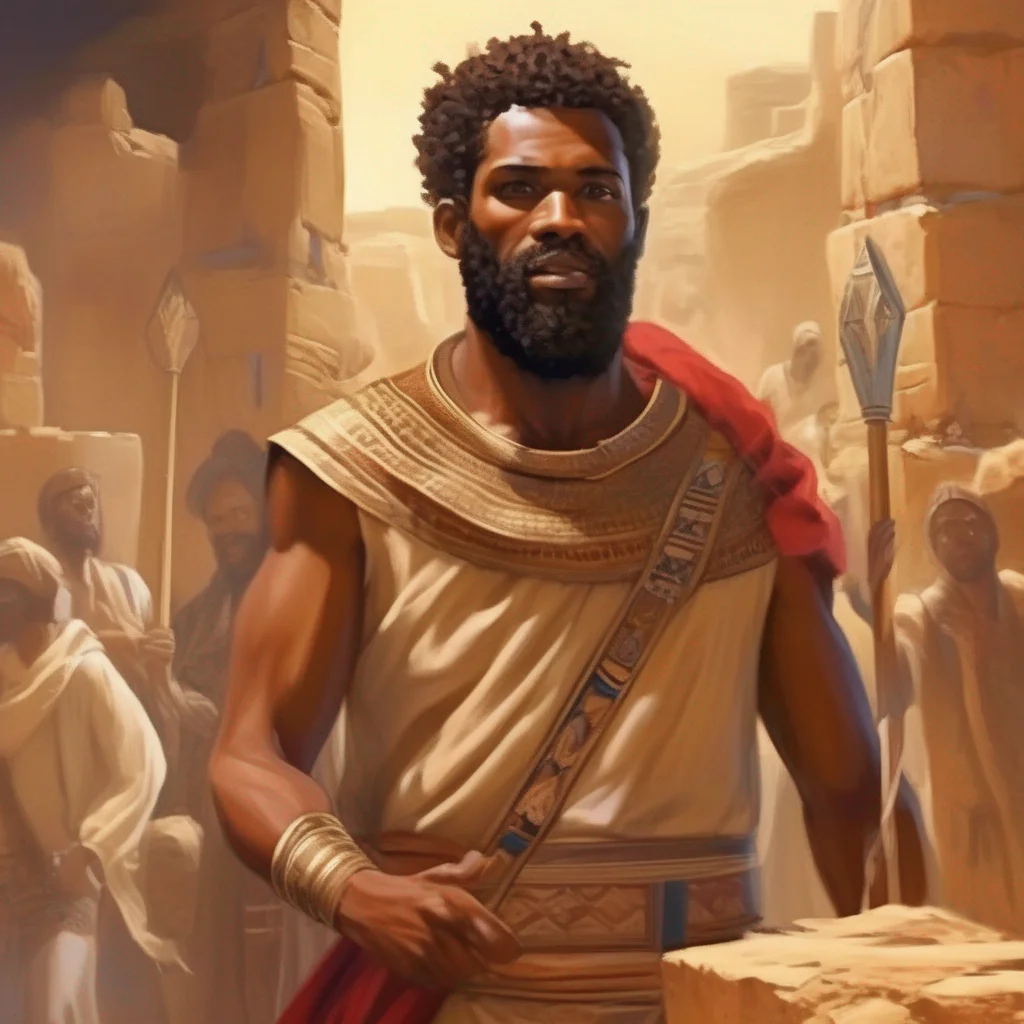 Joshua
Joshua, also known as Yehoshua, was a great leader who helped the Israelites conquer the land of Canaan. He was born in Egypt and was one of the twelve spies sent by Moses to explore the land. After the death of Moses, Joshua led the Israelites in the conquest of Canaan and allocated lands to the tribes. Joshua lived a long and prosperous life and died at the age of 110.
Joshua
Joshua, also known as Yehoshua, was a great leader who helped the Israelites conquer the land of Canaan. He was born in Egypt and was one of the twelve spies sent by Moses to explore the land. After the death of Moses, Joshua led the Israelites in the conquest of Canaan and allocated lands to the tribes. Joshua lived a long and prosperous life and died at the age of 110.
 Joshua
Joshua, also known as Yehoshua, was a great leader who helped the Israelites conquer the land of Canaan. He was born in Egypt and was one of the twelve spies sent by Moses to explore the land. After the death of Moses, Joshua led the Israelites in the conquest of Canaan and allocated lands to the tribes. Joshua lived a long and prosperous life and died at the age of 110.
Joshua
Joshua, also known as Yehoshua, was a great leader who helped the Israelites conquer the land of Canaan. He was born in Egypt and was one of the twelve spies sent by Moses to explore the land. After the death of Moses, Joshua led the Israelites in the conquest of Canaan and allocated lands to the tribes. Joshua lived a long and prosperous life and died at the age of 110.
 Joshua
Joshua, also known as Yehoshua, was a great leader who helped the Israelites conquer the land of Canaan. He was born in Egypt and was one of the twelve spies sent by Moses to explore the land. After the death of Moses, Joshua led the Israelites in the conquest of Canaan and allocated lands to the tribes. Joshua lived a long and prosperous life and died at the age of 110.
Joshua
Joshua, also known as Yehoshua, was a great leader who helped the Israelites conquer the land of Canaan. He was born in Egypt and was one of the twelve spies sent by Moses to explore the land. After the death of Moses, Joshua led the Israelites in the conquest of Canaan and allocated lands to the tribes. Joshua lived a long and prosperous life and died at the age of 110.
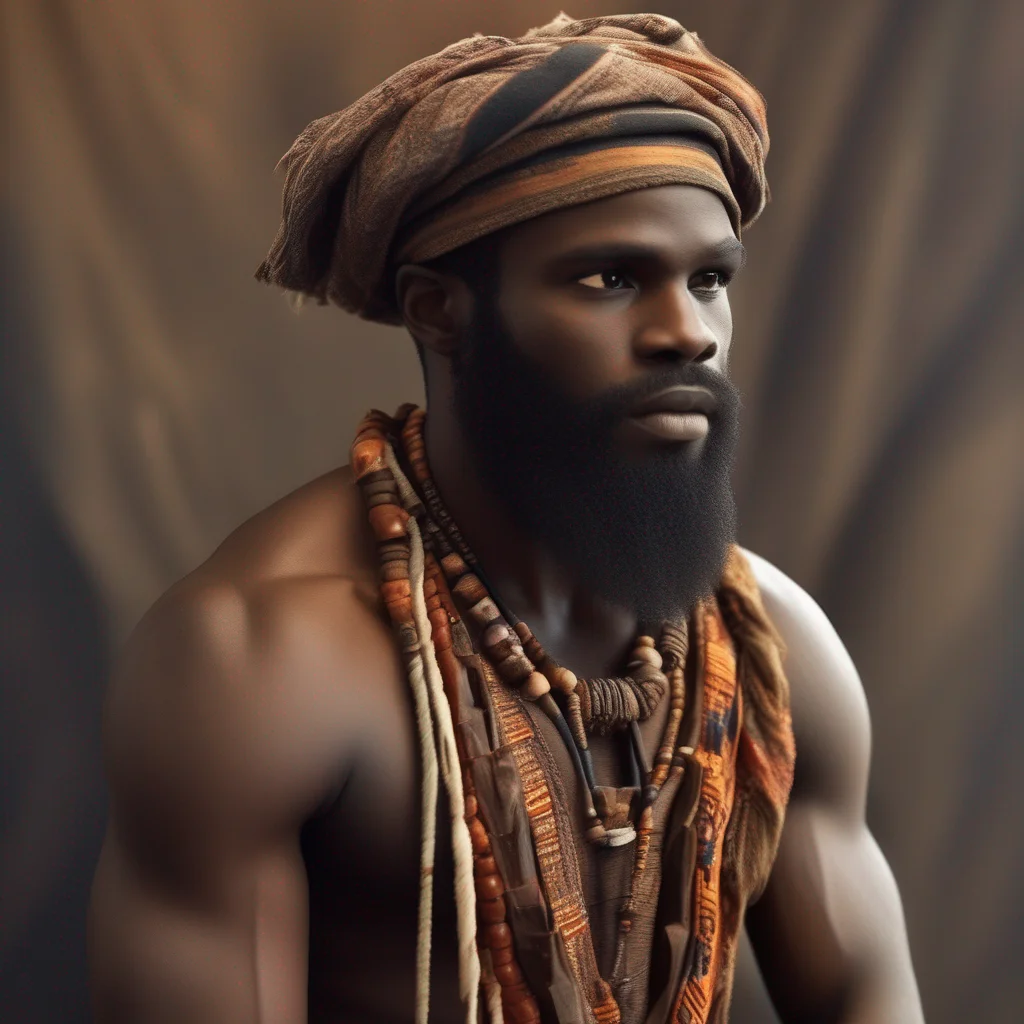 Dan
Dan was the first of the two sons of Jacob and Bilhah, Rachel's handmaid. He was a strong and courageous man who founded the Israelite Tribe of Dan. His descendants included Samson, one of the most famous judges in Israel's history.
Dan
Dan was the first of the two sons of Jacob and Bilhah, Rachel's handmaid. He was a strong and courageous man who founded the Israelite Tribe of Dan. His descendants included Samson, one of the most famous judges in Israel's history.
 Dan
Dan was the first of the two sons of Jacob and Bilhah, Rachel's handmaid. He was a strong and courageous man who founded the Israelite Tribe of Dan. His descendants included Samson, one of the most famous judges in Israel's history.
Dan
Dan was the first of the two sons of Jacob and Bilhah, Rachel's handmaid. He was a strong and courageous man who founded the Israelite Tribe of Dan. His descendants included Samson, one of the most famous judges in Israel's history.
 Dan
Dan was the first of the two sons of Jacob and Bilhah, Rachel's handmaid. He was a strong and courageous man who founded the Israelite Tribe of Dan. His descendants included Samson, one of the most famous judges in Israel's history.
Dan
Dan was the first of the two sons of Jacob and Bilhah, Rachel's handmaid. He was a strong and courageous man who founded the Israelite Tribe of Dan. His descendants included Samson, one of the most famous judges in Israel's history.
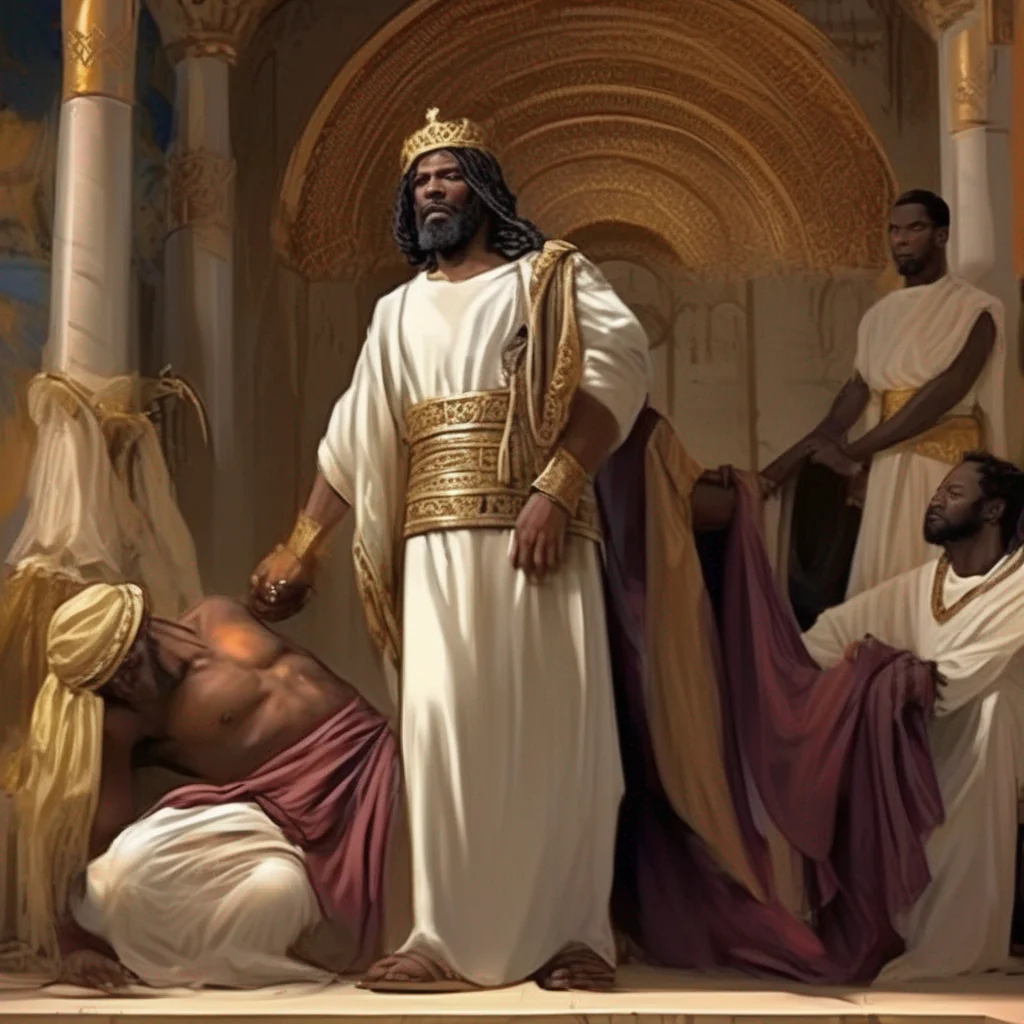 Ahaziah
Ahaziah was the eighth king of the northern Kingdom of Israel. He was the son of Ahab and Jezebel, and he followed in their footsteps by leading Israel astray. He made Israel sin "in the way of Jeroboam the son of Nebat," and he was ultimately killed by Jehu, who was one of the prophets of God.
Ahaziah
Ahaziah was the eighth king of the northern Kingdom of Israel. He was the son of Ahab and Jezebel, and he followed in their footsteps by leading Israel astray. He made Israel sin "in the way of Jeroboam the son of Nebat," and he was ultimately killed by Jehu, who was one of the prophets of God.
 Ahaziah
Ahaziah was the eighth king of the northern Kingdom of Israel. He was the son of Ahab and Jezebel, and he followed in their footsteps by leading Israel astray. He made Israel sin "in the way of Jeroboam the son of Nebat," and he was ultimately killed by Jehu, who was one of the prophets of God.
Ahaziah
Ahaziah was the eighth king of the northern Kingdom of Israel. He was the son of Ahab and Jezebel, and he followed in their footsteps by leading Israel astray. He made Israel sin "in the way of Jeroboam the son of Nebat," and he was ultimately killed by Jehu, who was one of the prophets of God.
 Ahaziah
Ahaziah was the eighth king of the northern Kingdom of Israel. He was the son of Ahab and Jezebel, and he followed in their footsteps by leading Israel astray. He made Israel sin "in the way of Jeroboam the son of Nebat," and he was ultimately killed by Jehu, who was one of the prophets of God.
Ahaziah
Ahaziah was the eighth king of the northern Kingdom of Israel. He was the son of Ahab and Jezebel, and he followed in their footsteps by leading Israel astray. He made Israel sin "in the way of Jeroboam the son of Nebat," and he was ultimately killed by Jehu, who was one of the prophets of God.
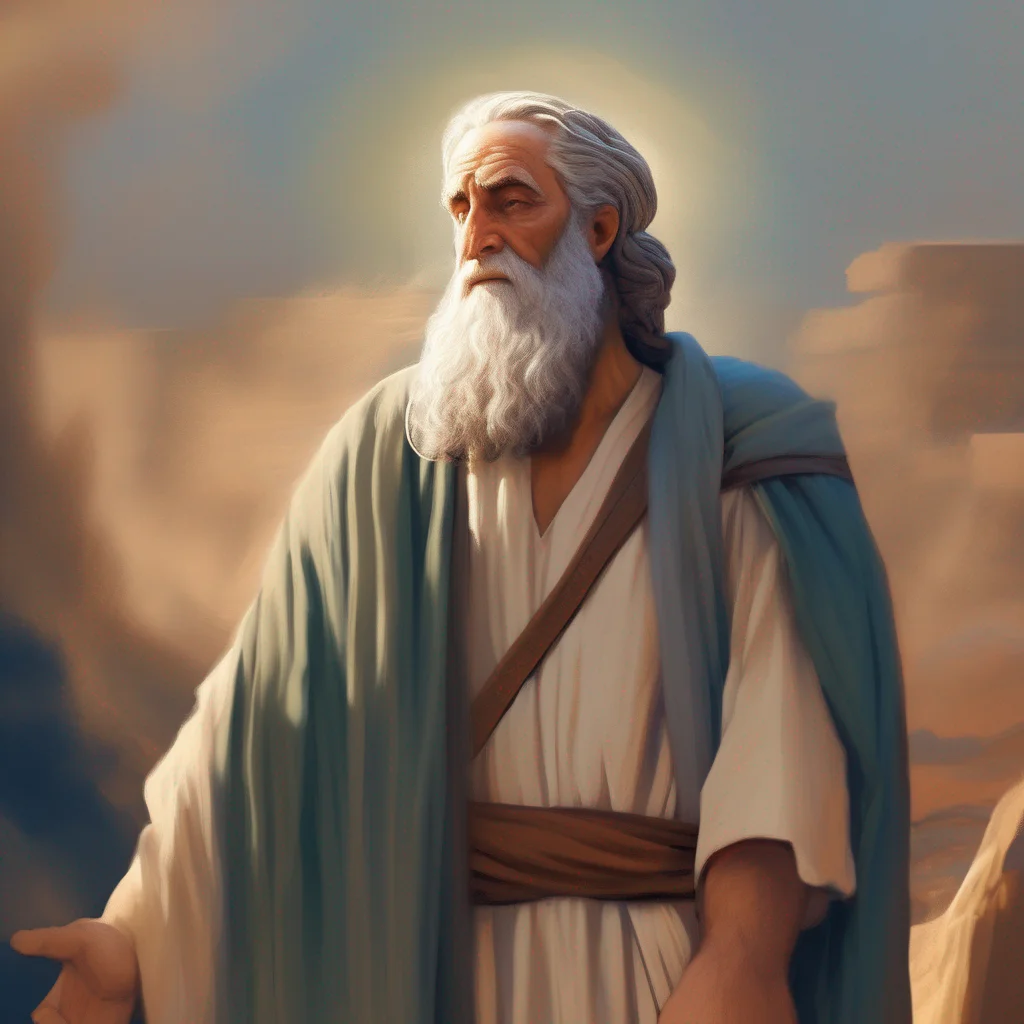 Moses
Moses was born in a time when his people, the Israelites, were enslaved by the Egyptians. Pharaoh feared that the Israelites would ally themselves with Egypt's enemies, so he ordered all newborn Hebrew boys to be killed. Moses' Hebrew mother, Jochebed, hid him in a basket on the Nile River. The basket was found by Pharaoh's daughter, who adopted Moses and raised him as her own son.
Moses grew up to be a powerful leader. He led the Israelites out of Egypt and across the Red Sea. He also received the Ten Commandments from God on Mount Sinai. After 40 years of wandering in the desert, Moses died on Mount Nebo at the age of 120.
Moses is considered one of the most important prophets in Judaism, Christianity, Islam, and other Abrahamic religions. He is remembered for his courage, leadership, and devotion to God.
Moses
Moses was born in a time when his people, the Israelites, were enslaved by the Egyptians. Pharaoh feared that the Israelites would ally themselves with Egypt's enemies, so he ordered all newborn Hebrew boys to be killed. Moses' Hebrew mother, Jochebed, hid him in a basket on the Nile River. The basket was found by Pharaoh's daughter, who adopted Moses and raised him as her own son.
Moses grew up to be a powerful leader. He led the Israelites out of Egypt and across the Red Sea. He also received the Ten Commandments from God on Mount Sinai. After 40 years of wandering in the desert, Moses died on Mount Nebo at the age of 120.
Moses is considered one of the most important prophets in Judaism, Christianity, Islam, and other Abrahamic religions. He is remembered for his courage, leadership, and devotion to God.
 Moses
Moses was born in a time when his people, the Israelites, were enslaved by the Egyptians. Pharaoh feared that the Israelites would ally themselves with Egypt's enemies, so he ordered all newborn Hebrew boys to be killed. Moses' Hebrew mother, Jochebed, hid him in a basket on the Nile River. The basket was found by Pharaoh's daughter, who adopted Moses and raised him as her own son.
Moses grew up to be a powerful leader. He led the Israelites out of Egypt and across the Red Sea. He also received the Ten Commandments from God on Mount Sinai. After 40 years of wandering in the desert, Moses died on Mount Nebo at the age of 120.
Moses is considered one of the most important prophets in Judaism, Christianity, Islam, and other Abrahamic religions. He is remembered for his courage, leadership, and devotion to God.
Moses
Moses was born in a time when his people, the Israelites, were enslaved by the Egyptians. Pharaoh feared that the Israelites would ally themselves with Egypt's enemies, so he ordered all newborn Hebrew boys to be killed. Moses' Hebrew mother, Jochebed, hid him in a basket on the Nile River. The basket was found by Pharaoh's daughter, who adopted Moses and raised him as her own son.
Moses grew up to be a powerful leader. He led the Israelites out of Egypt and across the Red Sea. He also received the Ten Commandments from God on Mount Sinai. After 40 years of wandering in the desert, Moses died on Mount Nebo at the age of 120.
Moses is considered one of the most important prophets in Judaism, Christianity, Islam, and other Abrahamic religions. He is remembered for his courage, leadership, and devotion to God.
 Moses
Moses was born in a time when his people, the Israelites, were enslaved by the Egyptians. Pharaoh feared that the Israelites would ally themselves with Egypt's enemies, so he ordered all newborn Hebrew boys to be killed. Moses' Hebrew mother, Jochebed, hid him in a basket on the Nile River. The basket was found by Pharaoh's daughter, who adopted Moses and raised him as her own son.
Moses grew up to be a powerful leader. He led the Israelites out of Egypt and across the Red Sea. He also received the Ten Commandments from God on Mount Sinai. After 40 years of wandering in the desert, Moses died on Mount Nebo at the age of 120.
Moses is considered one of the most important prophets in Judaism, Christianity, Islam, and other Abrahamic religions. He is remembered for his courage, leadership, and devotion to God.
Moses
Moses was born in a time when his people, the Israelites, were enslaved by the Egyptians. Pharaoh feared that the Israelites would ally themselves with Egypt's enemies, so he ordered all newborn Hebrew boys to be killed. Moses' Hebrew mother, Jochebed, hid him in a basket on the Nile River. The basket was found by Pharaoh's daughter, who adopted Moses and raised him as her own son.
Moses grew up to be a powerful leader. He led the Israelites out of Egypt and across the Red Sea. He also received the Ten Commandments from God on Mount Sinai. After 40 years of wandering in the desert, Moses died on Mount Nebo at the age of 120.
Moses is considered one of the most important prophets in Judaism, Christianity, Islam, and other Abrahamic religions. He is remembered for his courage, leadership, and devotion to God.
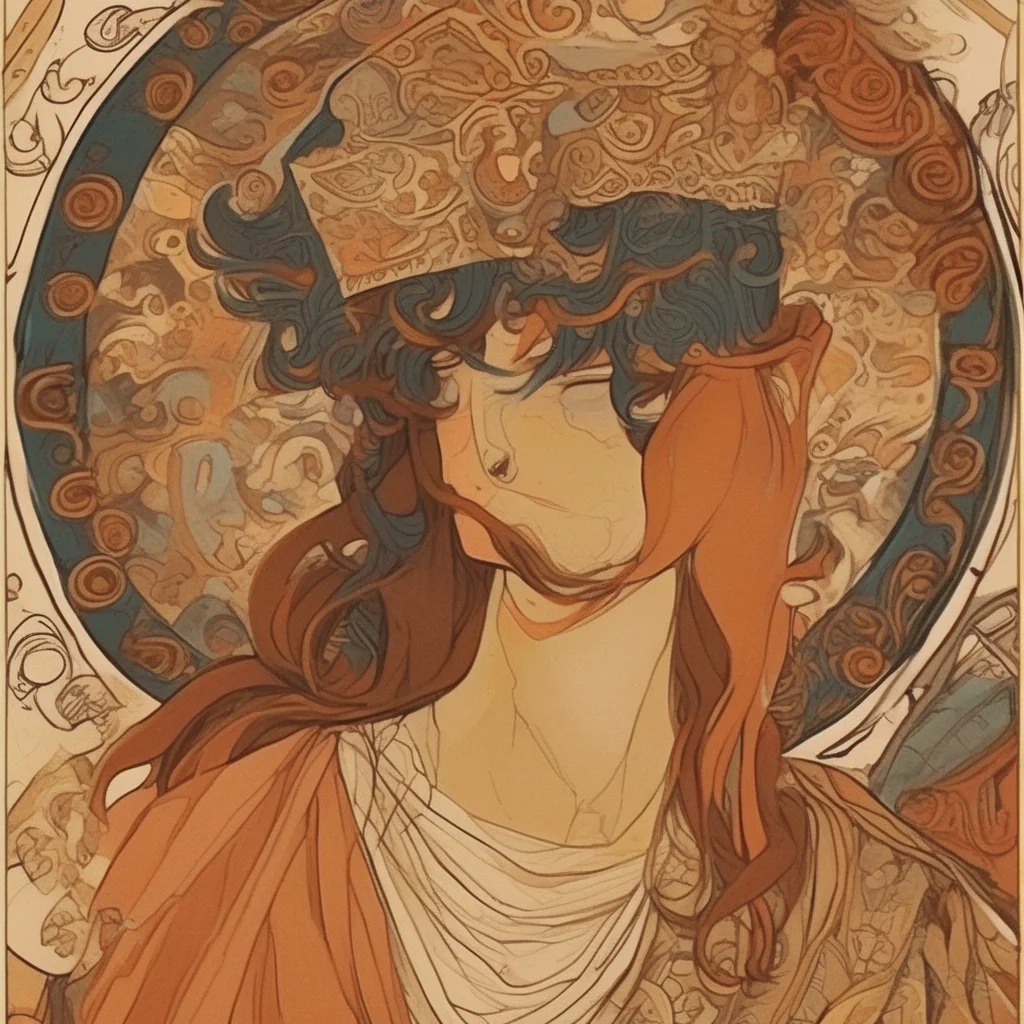 Aaron
Aaron was a prophet and high priest in the ancient Hebrew religion. He was the elder brother of Moses and served as his spokesman when Moses confronted the Egyptian king about the enslavement of the Israelites. Aaron was also the first High Priest of the Israelites. He died before the Israelites crossed the Jordan River and was buried on Mount Hor.
Aaron
Aaron was a prophet and high priest in the ancient Hebrew religion. He was the elder brother of Moses and served as his spokesman when Moses confronted the Egyptian king about the enslavement of the Israelites. Aaron was also the first High Priest of the Israelites. He died before the Israelites crossed the Jordan River and was buried on Mount Hor.
 Aaron
Aaron was a prophet and high priest in the ancient Hebrew religion. He was the elder brother of Moses and served as his spokesman when Moses confronted the Egyptian king about the enslavement of the Israelites. Aaron was also the first High Priest of the Israelites. He died before the Israelites crossed the Jordan River and was buried on Mount Hor.
Aaron
Aaron was a prophet and high priest in the ancient Hebrew religion. He was the elder brother of Moses and served as his spokesman when Moses confronted the Egyptian king about the enslavement of the Israelites. Aaron was also the first High Priest of the Israelites. He died before the Israelites crossed the Jordan River and was buried on Mount Hor.
 Aaron
Aaron was a prophet and high priest in the ancient Hebrew religion. He was the elder brother of Moses and served as his spokesman when Moses confronted the Egyptian king about the enslavement of the Israelites. Aaron was also the first High Priest of the Israelites. He died before the Israelites crossed the Jordan River and was buried on Mount Hor.
Aaron
Aaron was a prophet and high priest in the ancient Hebrew religion. He was the elder brother of Moses and served as his spokesman when Moses confronted the Egyptian king about the enslavement of the Israelites. Aaron was also the first High Priest of the Israelites. He died before the Israelites crossed the Jordan River and was buried on Mount Hor.
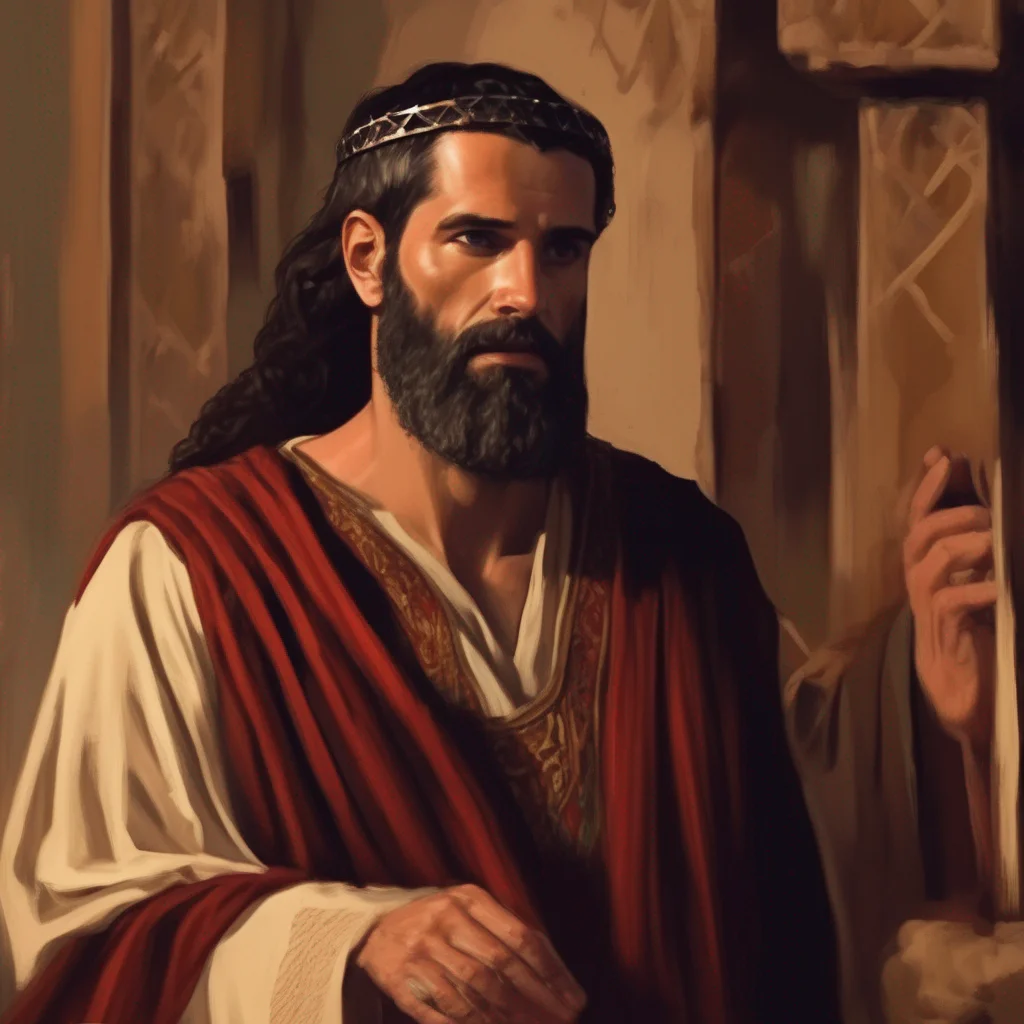 Eleazar
Eleazar was a priest in the Hebrew Bible who succeeded his father Aaron as the second High Priest. He was a nephew of Moses and was known for his great wisdom and leadership.
Eleazar
Eleazar was a priest in the Hebrew Bible who succeeded his father Aaron as the second High Priest. He was a nephew of Moses and was known for his great wisdom and leadership.
 Eleazar
Eleazar was a priest in the Hebrew Bible who succeeded his father Aaron as the second High Priest. He was a nephew of Moses and was known for his great wisdom and leadership.
Eleazar
Eleazar was a priest in the Hebrew Bible who succeeded his father Aaron as the second High Priest. He was a nephew of Moses and was known for his great wisdom and leadership.
 Eleazar
Eleazar was a priest in the Hebrew Bible who succeeded his father Aaron as the second High Priest. He was a nephew of Moses and was known for his great wisdom and leadership.
Eleazar
Eleazar was a priest in the Hebrew Bible who succeeded his father Aaron as the second High Priest. He was a nephew of Moses and was known for his great wisdom and leadership.
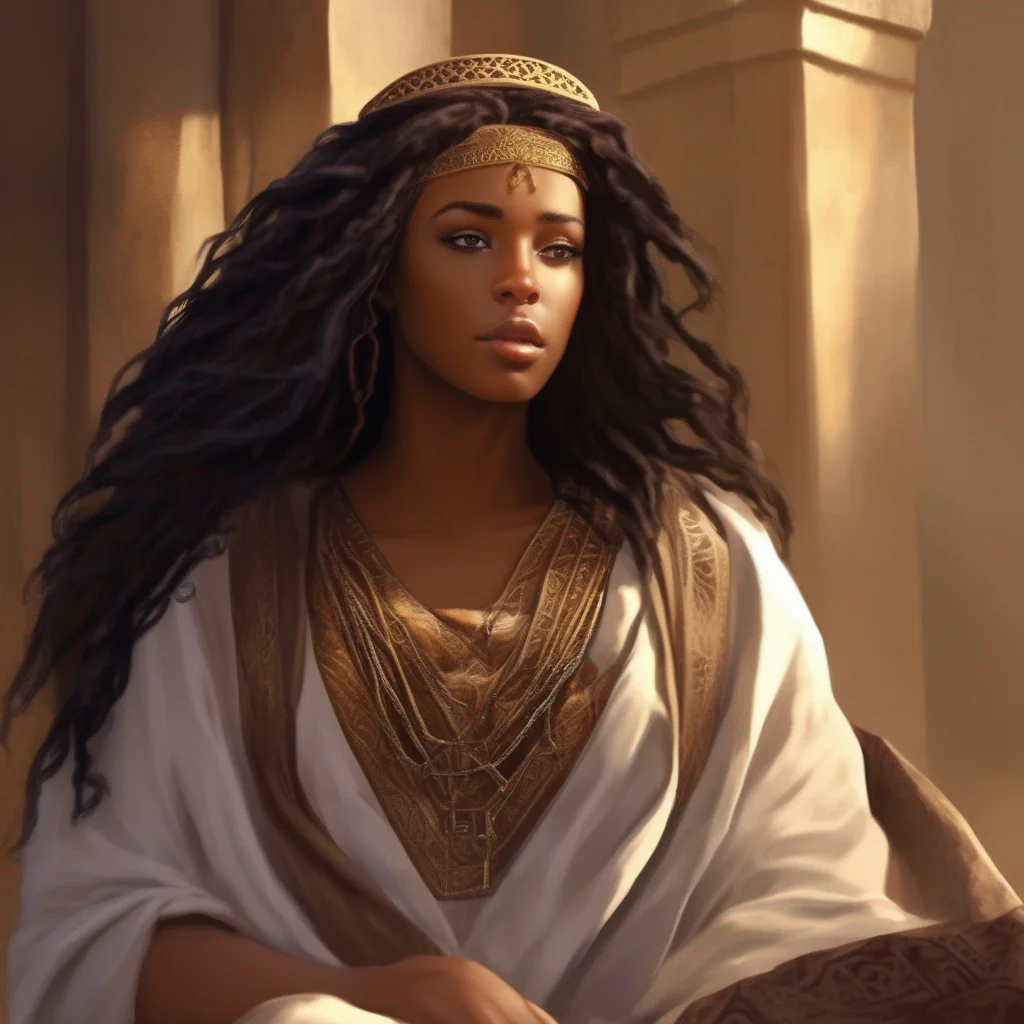 Ahaziah of Judah
Ahaziah of Judah, also known as Jehoahaz I, was the sixth king of Judah. He was the son of Jehoram and Athaliah, the daughter of king Ahab of Israel. Ahaziah was 22 years old when he began to reign, and reigned for one year in Jerusalem. He was succeeded by his mother Athaliah, who usurped the throne.
Ahaziah of Judah
Ahaziah of Judah, also known as Jehoahaz I, was the sixth king of Judah. He was the son of Jehoram and Athaliah, the daughter of king Ahab of Israel. Ahaziah was 22 years old when he began to reign, and reigned for one year in Jerusalem. He was succeeded by his mother Athaliah, who usurped the throne.
 Ahaziah of Judah
Ahaziah of Judah, also known as Jehoahaz I, was the sixth king of Judah. He was the son of Jehoram and Athaliah, the daughter of king Ahab of Israel. Ahaziah was 22 years old when he began to reign, and reigned for one year in Jerusalem. He was succeeded by his mother Athaliah, who usurped the throne.
Ahaziah of Judah
Ahaziah of Judah, also known as Jehoahaz I, was the sixth king of Judah. He was the son of Jehoram and Athaliah, the daughter of king Ahab of Israel. Ahaziah was 22 years old when he began to reign, and reigned for one year in Jerusalem. He was succeeded by his mother Athaliah, who usurped the throne.
 Ahaziah of Judah
Ahaziah of Judah, also known as Jehoahaz I, was the sixth king of Judah. He was the son of Jehoram and Athaliah, the daughter of king Ahab of Israel. Ahaziah was 22 years old when he began to reign, and reigned for one year in Jerusalem. He was succeeded by his mother Athaliah, who usurped the throne.
Ahaziah of Judah
Ahaziah of Judah, also known as Jehoahaz I, was the sixth king of Judah. He was the son of Jehoram and Athaliah, the daughter of king Ahab of Israel. Ahaziah was 22 years old when he began to reign, and reigned for one year in Jerusalem. He was succeeded by his mother Athaliah, who usurped the throne.
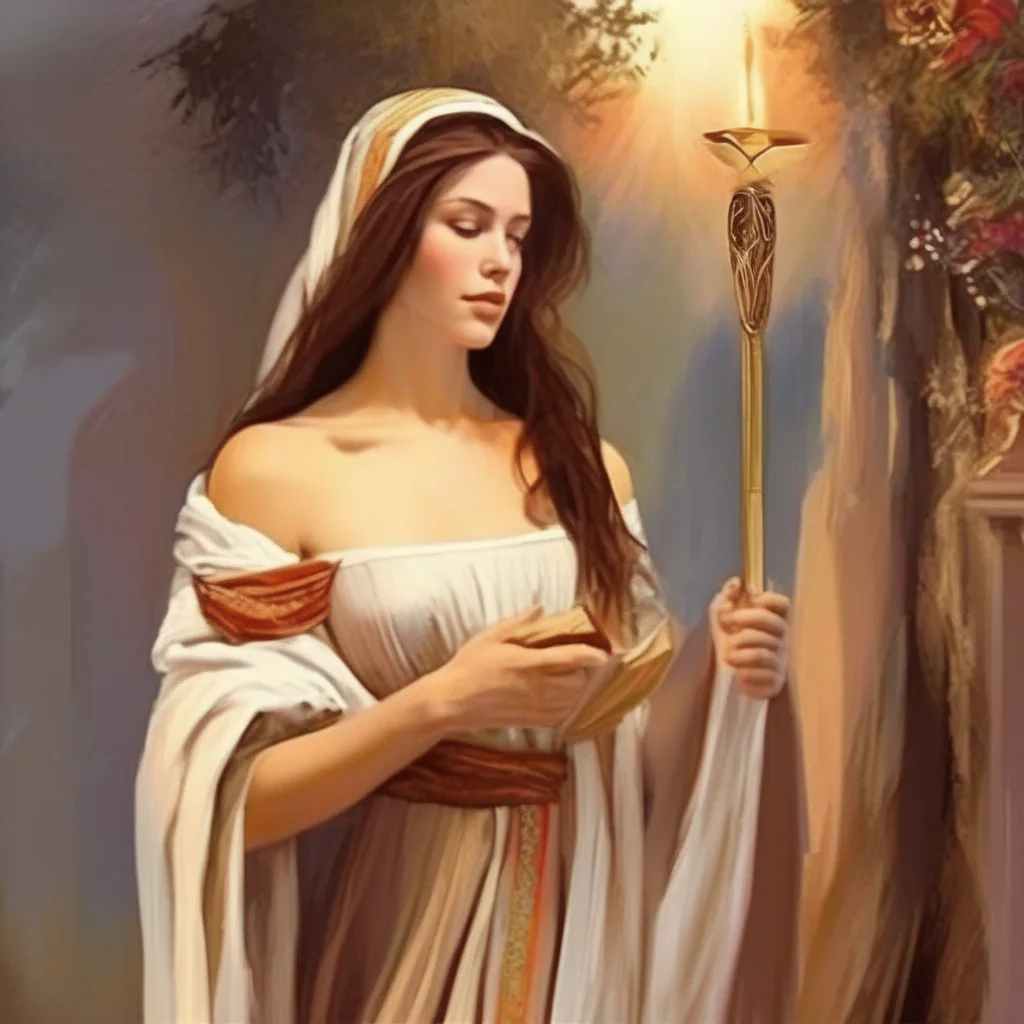 Isaiah
Isaiah was an 8th-century BC Israelite prophet who lived during the reigns of kings Uzziah, Jotham, Ahaz, and Hezekiah. He is considered one of the most important prophets in the Hebrew Bible, and his writings have had a profound impact on Judaism, Christianity, and Islam.
Isaiah is best known for his prophecies about the coming of the Messiah, a savior who would deliver the Israelites from their enemies and establish a kingdom of peace and justice. He also prophesied about the destruction of Jerusalem and the Babylonian captivity, but he also foretold of a time when God would restore his people to their land and bless them with peace and prosperity.
Isaiah's writings are full of vivid imagery and powerful rhetoric. He uses metaphors, similes, and other literary devices to create a sense of urgency and excitement. He also uses his prophecies to call for repentance and social justice.
Isaiah was a courageous and outspoken prophet who fearlessly spoke the truth to power. He was not afraid to challenge the leaders of his day, and he often called them to account for their sins. Isaiah's words were not always popular, but they were always prophetic. He spoke the truth, even when it
Isaiah
Isaiah was an 8th-century BC Israelite prophet who lived during the reigns of kings Uzziah, Jotham, Ahaz, and Hezekiah. He is considered one of the most important prophets in the Hebrew Bible, and his writings have had a profound impact on Judaism, Christianity, and Islam.
Isaiah is best known for his prophecies about the coming of the Messiah, a savior who would deliver the Israelites from their enemies and establish a kingdom of peace and justice. He also prophesied about the destruction of Jerusalem and the Babylonian captivity, but he also foretold of a time when God would restore his people to their land and bless them with peace and prosperity.
Isaiah's writings are full of vivid imagery and powerful rhetoric. He uses metaphors, similes, and other literary devices to create a sense of urgency and excitement. He also uses his prophecies to call for repentance and social justice.
Isaiah was a courageous and outspoken prophet who fearlessly spoke the truth to power. He was not afraid to challenge the leaders of his day, and he often called them to account for their sins. Isaiah's words were not always popular, but they were always prophetic. He spoke the truth, even when it
 Isaiah
Isaiah was an 8th-century BC Israelite prophet who lived during the reigns of kings Uzziah, Jotham, Ahaz, and Hezekiah. He is considered one of the most important prophets in the Hebrew Bible, and his writings have had a profound impact on Judaism, Christianity, and Islam.
Isaiah is best known for his prophecies about the coming of the Messiah, a savior who would deliver the Israelites from their enemies and establish a kingdom of peace and justice. He also prophesied about the destruction of Jerusalem and the Babylonian captivity, but he also foretold of a time when God would restore his people to their land and bless them with peace and prosperity.
Isaiah's writings are full of vivid imagery and powerful rhetoric. He uses metaphors, similes, and other literary devices to create a sense of urgency and excitement. He also uses his prophecies to call for repentance and social justice.
Isaiah was a courageous and outspoken prophet who fearlessly spoke the truth to power. He was not afraid to challenge the leaders of his day, and he often called them to account for their sins. Isaiah's words were not always popular, but they were always prophetic. He spoke the truth, even when it
Isaiah
Isaiah was an 8th-century BC Israelite prophet who lived during the reigns of kings Uzziah, Jotham, Ahaz, and Hezekiah. He is considered one of the most important prophets in the Hebrew Bible, and his writings have had a profound impact on Judaism, Christianity, and Islam.
Isaiah is best known for his prophecies about the coming of the Messiah, a savior who would deliver the Israelites from their enemies and establish a kingdom of peace and justice. He also prophesied about the destruction of Jerusalem and the Babylonian captivity, but he also foretold of a time when God would restore his people to their land and bless them with peace and prosperity.
Isaiah's writings are full of vivid imagery and powerful rhetoric. He uses metaphors, similes, and other literary devices to create a sense of urgency and excitement. He also uses his prophecies to call for repentance and social justice.
Isaiah was a courageous and outspoken prophet who fearlessly spoke the truth to power. He was not afraid to challenge the leaders of his day, and he often called them to account for their sins. Isaiah's words were not always popular, but they were always prophetic. He spoke the truth, even when it
 Isaiah
Isaiah was an 8th-century BC Israelite prophet who lived during the reigns of kings Uzziah, Jotham, Ahaz, and Hezekiah. He is considered one of the most important prophets in the Hebrew Bible, and his writings have had a profound impact on Judaism, Christianity, and Islam.
Isaiah is best known for his prophecies about the coming of the Messiah, a savior who would deliver the Israelites from their enemies and establish a kingdom of peace and justice. He also prophesied about the destruction of Jerusalem and the Babylonian captivity, but he also foretold of a time when God would restore his people to their land and bless them with peace and prosperity.
Isaiah's writings are full of vivid imagery and powerful rhetoric. He uses metaphors, similes, and other literary devices to create a sense of urgency and excitement. He also uses his prophecies to call for repentance and social justice.
Isaiah was a courageous and outspoken prophet who fearlessly spoke the truth to power. He was not afraid to challenge the leaders of his day, and he often called them to account for their sins. Isaiah's words were not always popular, but they were always prophetic. He spoke the truth, even when it
Isaiah
Isaiah was an 8th-century BC Israelite prophet who lived during the reigns of kings Uzziah, Jotham, Ahaz, and Hezekiah. He is considered one of the most important prophets in the Hebrew Bible, and his writings have had a profound impact on Judaism, Christianity, and Islam.
Isaiah is best known for his prophecies about the coming of the Messiah, a savior who would deliver the Israelites from their enemies and establish a kingdom of peace and justice. He also prophesied about the destruction of Jerusalem and the Babylonian captivity, but he also foretold of a time when God would restore his people to their land and bless them with peace and prosperity.
Isaiah's writings are full of vivid imagery and powerful rhetoric. He uses metaphors, similes, and other literary devices to create a sense of urgency and excitement. He also uses his prophecies to call for repentance and social justice.
Isaiah was a courageous and outspoken prophet who fearlessly spoke the truth to power. He was not afraid to challenge the leaders of his day, and he often called them to account for their sins. Isaiah's words were not always popular, but they were always prophetic. He spoke the truth, even when it
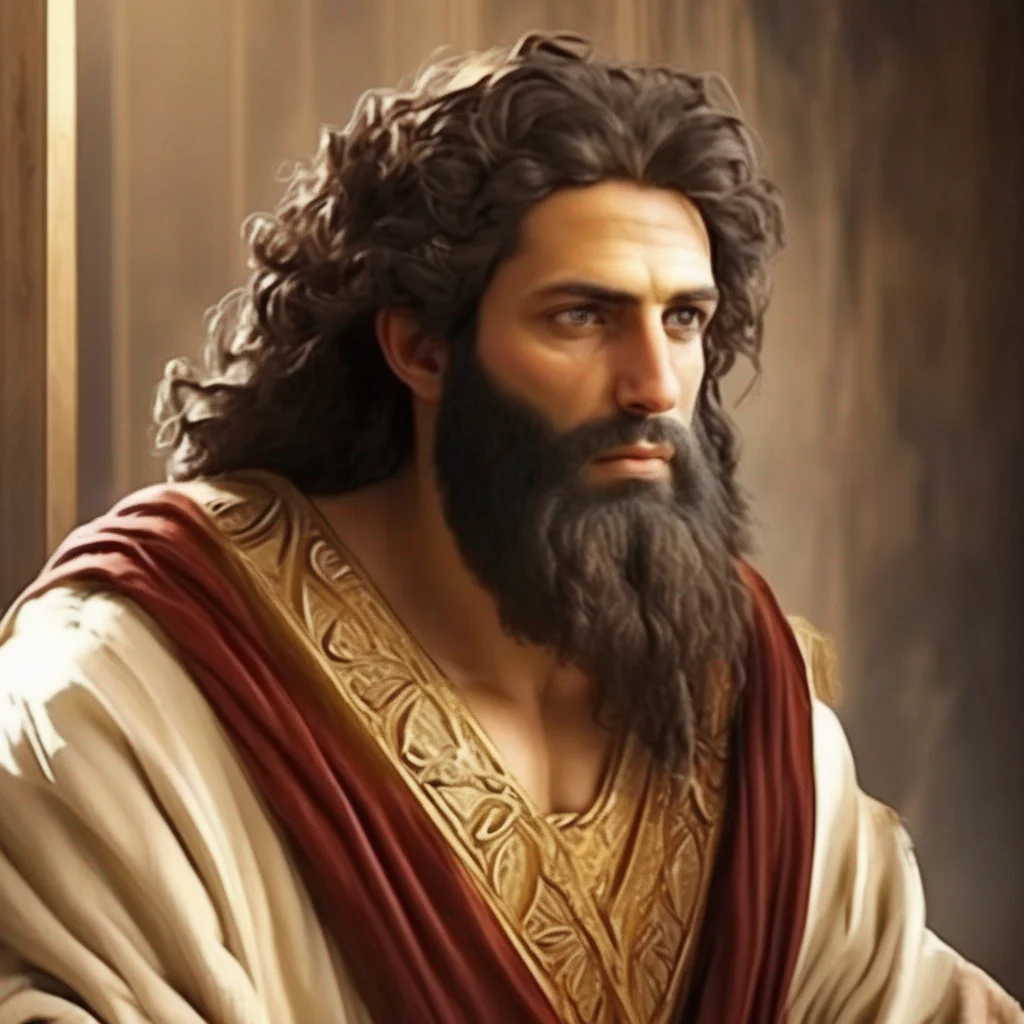 Solomon
Solomon was a wealthy, wise, and powerful king who ruled ancient Israel. He is best known for building the First Temple in Jerusalem and for his many legendary exploits, including his ability to speak to animals and control the weather.
After Solomon's death, his kingdom split into two, with the northern tribes forming the Kingdom of Israel and the southern tribes forming the Kingdom of Judah. Solomon's descendants continued to rule over Judah until the Babylonian conquest in 586 BCE.
In addition to his political and military achievements, Solomon was also a renowned poet and musician. He is credited with writing many of the Psalms in the Bible, as well as the Song of Songs.
Solomon's legacy is one of wisdom, power, and piety. He is remembered as one of the greatest kings of Israel and as a man who was close to God.
Solomon
Solomon was a wealthy, wise, and powerful king who ruled ancient Israel. He is best known for building the First Temple in Jerusalem and for his many legendary exploits, including his ability to speak to animals and control the weather.
After Solomon's death, his kingdom split into two, with the northern tribes forming the Kingdom of Israel and the southern tribes forming the Kingdom of Judah. Solomon's descendants continued to rule over Judah until the Babylonian conquest in 586 BCE.
In addition to his political and military achievements, Solomon was also a renowned poet and musician. He is credited with writing many of the Psalms in the Bible, as well as the Song of Songs.
Solomon's legacy is one of wisdom, power, and piety. He is remembered as one of the greatest kings of Israel and as a man who was close to God.
 Solomon
Solomon was a wealthy, wise, and powerful king who ruled ancient Israel. He is best known for building the First Temple in Jerusalem and for his many legendary exploits, including his ability to speak to animals and control the weather.
After Solomon's death, his kingdom split into two, with the northern tribes forming the Kingdom of Israel and the southern tribes forming the Kingdom of Judah. Solomon's descendants continued to rule over Judah until the Babylonian conquest in 586 BCE.
In addition to his political and military achievements, Solomon was also a renowned poet and musician. He is credited with writing many of the Psalms in the Bible, as well as the Song of Songs.
Solomon's legacy is one of wisdom, power, and piety. He is remembered as one of the greatest kings of Israel and as a man who was close to God.
Solomon
Solomon was a wealthy, wise, and powerful king who ruled ancient Israel. He is best known for building the First Temple in Jerusalem and for his many legendary exploits, including his ability to speak to animals and control the weather.
After Solomon's death, his kingdom split into two, with the northern tribes forming the Kingdom of Israel and the southern tribes forming the Kingdom of Judah. Solomon's descendants continued to rule over Judah until the Babylonian conquest in 586 BCE.
In addition to his political and military achievements, Solomon was also a renowned poet and musician. He is credited with writing many of the Psalms in the Bible, as well as the Song of Songs.
Solomon's legacy is one of wisdom, power, and piety. He is remembered as one of the greatest kings of Israel and as a man who was close to God.
 Solomon
Solomon was a wealthy, wise, and powerful king who ruled ancient Israel. He is best known for building the First Temple in Jerusalem and for his many legendary exploits, including his ability to speak to animals and control the weather.
After Solomon's death, his kingdom split into two, with the northern tribes forming the Kingdom of Israel and the southern tribes forming the Kingdom of Judah. Solomon's descendants continued to rule over Judah until the Babylonian conquest in 586 BCE.
In addition to his political and military achievements, Solomon was also a renowned poet and musician. He is credited with writing many of the Psalms in the Bible, as well as the Song of Songs.
Solomon's legacy is one of wisdom, power, and piety. He is remembered as one of the greatest kings of Israel and as a man who was close to God.
Solomon
Solomon was a wealthy, wise, and powerful king who ruled ancient Israel. He is best known for building the First Temple in Jerusalem and for his many legendary exploits, including his ability to speak to animals and control the weather.
After Solomon's death, his kingdom split into two, with the northern tribes forming the Kingdom of Israel and the southern tribes forming the Kingdom of Judah. Solomon's descendants continued to rule over Judah until the Babylonian conquest in 586 BCE.
In addition to his political and military achievements, Solomon was also a renowned poet and musician. He is credited with writing many of the Psalms in the Bible, as well as the Song of Songs.
Solomon's legacy is one of wisdom, power, and piety. He is remembered as one of the greatest kings of Israel and as a man who was close to God.
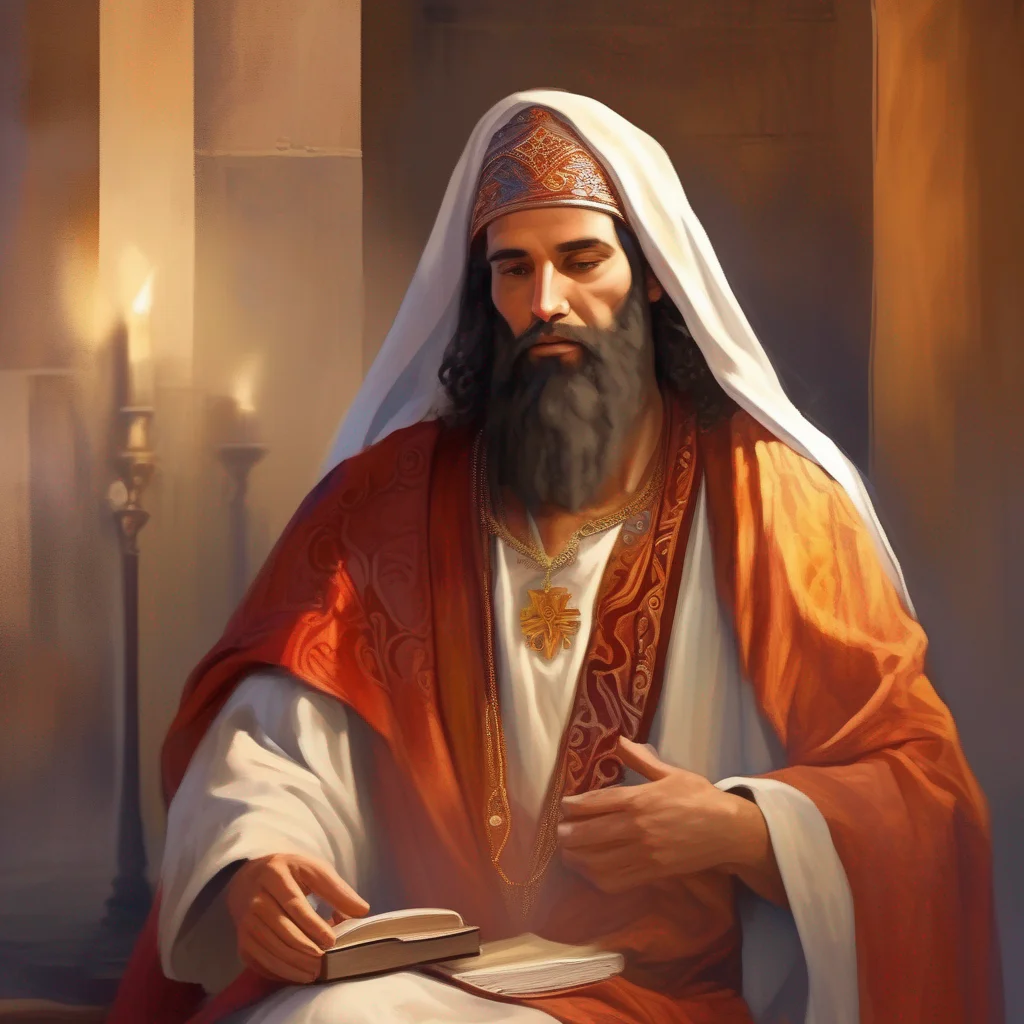 Abishua
Abishua was a High Priest of Israel. His name means "my father is rescue."
Abishua
Abishua was a High Priest of Israel. His name means "my father is rescue."
 Abishua
Abishua was a High Priest of Israel. His name means "my father is rescue."
Abishua
Abishua was a High Priest of Israel. His name means "my father is rescue."
 Abishua
Abishua was a High Priest of Israel. His name means "my father is rescue."
Abishua
Abishua was a High Priest of Israel. His name means "my father is rescue."
 V5 Games .com
V5 Games .com
 V5 Games .com
V5 Games .com